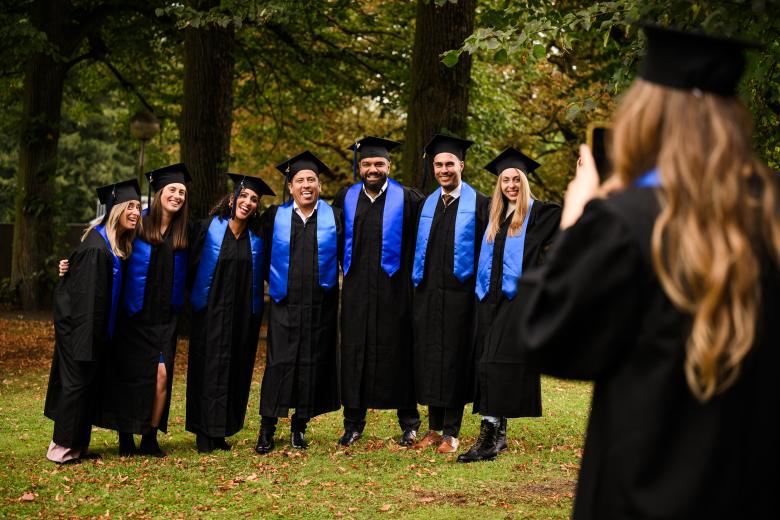Hylke Dijkstra appointed as Full Professor in International Security and Cooperation
As of 1 April 2023, Hylke Dijkstra will be Full Professor of International Security and Cooperation at the Faculty of Arts and Social Sciences (FASoS) at Maastricht University. Through this newly established professorial chair, Hylke Dijkstra will conduct research on how international cooperation and governance can best function considering the increasing geopolitical problems, such as the Russian war in Ukraine and the rapid rise of China. He will pay particular attention to how Europe can contribute to a transformation of international cooperation.
Commenting on his appointment, Prof. Dr. Hylke Dijkstra notes that “we face many international cooperation challenges. We need to improve global health governance to prevent the next pandemic, regulate cyberwarfare and artificial intelligence, and above all address the climate crisis. Yet multilateral cooperation has become increasingly difficult in recent years due to all sorts of geopolitical problems. Countries around the world simply see less and less eye-to-eye. I am grateful for this new chair which allows me to carry out important research on how we should govern these imminent policy challenges”.
Hylke Dijkstra first joined at Maastricht University as an undergraduate student in European Studies and economics in 2001. He received an MPhil from the University of Cambridge in 2007 and a PhD from Maastricht in 2011. After a two-year Marie Curie Fellowship at the University of Oxford, he returned to Maastricht where he has led three large EU-funded research projects over the past decade.
Hylke Dijkstra is currently the Director of the Research Programme “Politics and Culture in Europe” at the Faculty of Arts and Social Sciences. He is also the Principal Investigator of an ERC research project on the decline and death of international organizations. He is furthermore the Editor-in-Chief of the journal Contemporary Security Policy and work-package leader in the Horizon 2020-funded JOINT project. He is a member of the Standing Committee on European Integration of the Advisory Council on International Affairs (Adviesraad Internationale Vraagstukken).
Also read
-
Study Smart gets Dutch Education Premium
Maastricht University's (UM) interfaculty educational innovation project Study Smart is one of the three winners of the Dutch Education Premium 2025. This was announced on Tuesday during the Comenius festival in The Hague.

-
Maastricht University recognised among top institutions in CEO Magazine’s 2025 Green MBA Rankings
We are proud to share that Maastricht University School of Business and Economics has been recognised as a top-ranked institution in the CEO Magazine 2025 Green MBA Rankings.

-
Language policy in European higher education
The increased Englishization of higher education is under discussion in several European countries. What does a balanced language policy look like that does justice to both the increasingly international character of higher education and a country's language-related cultural identity? At an...
